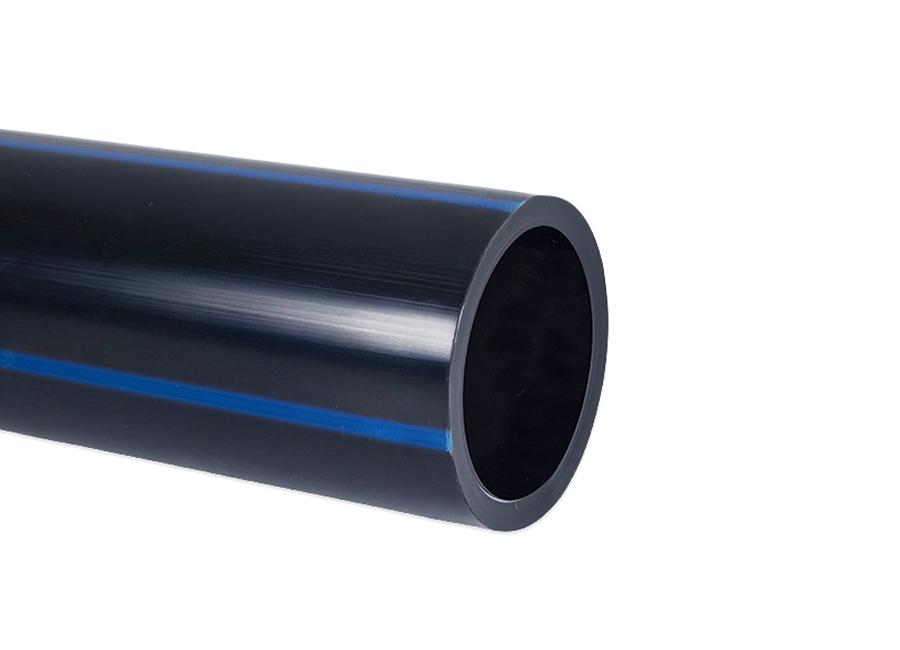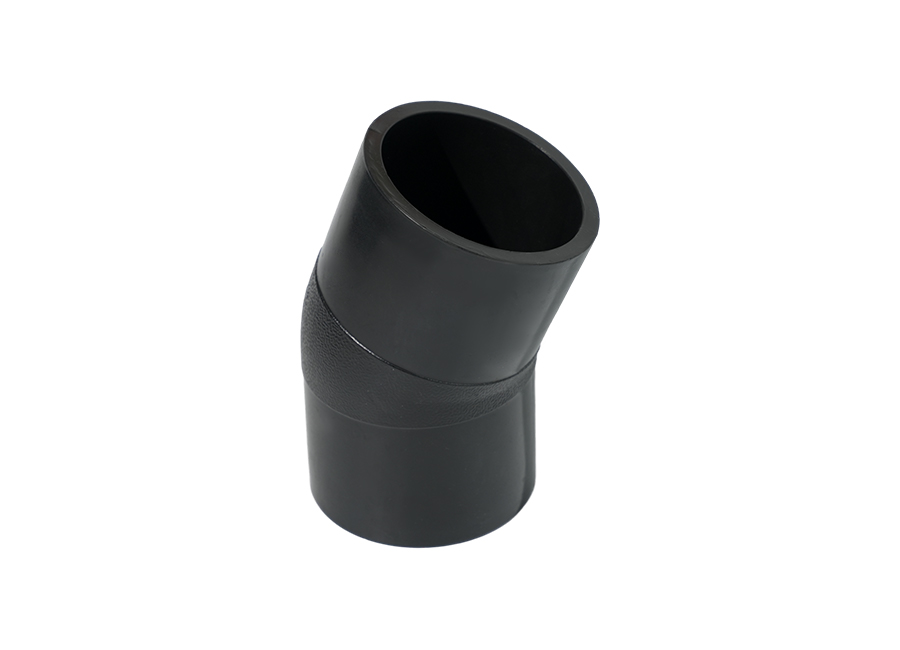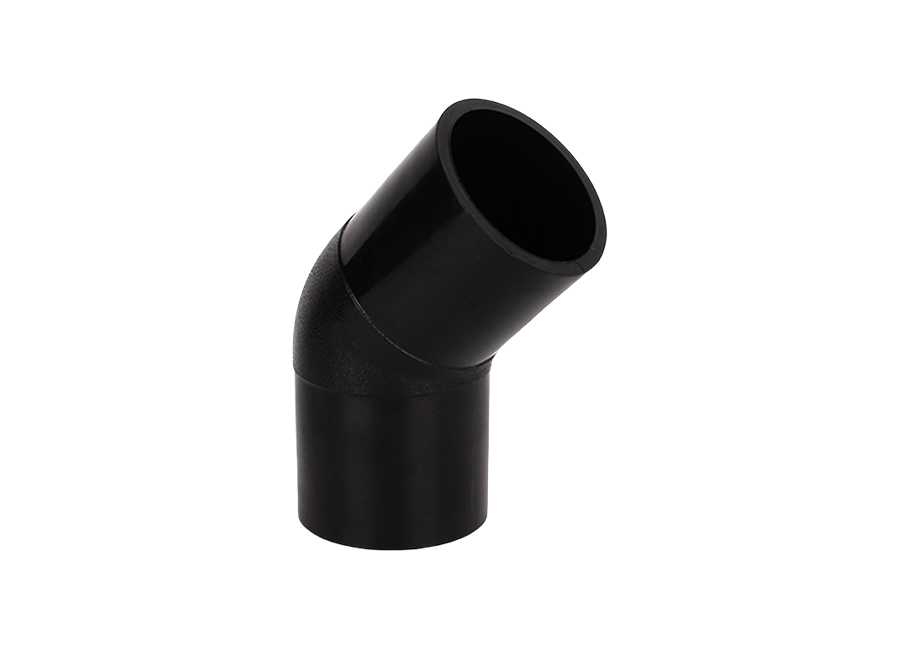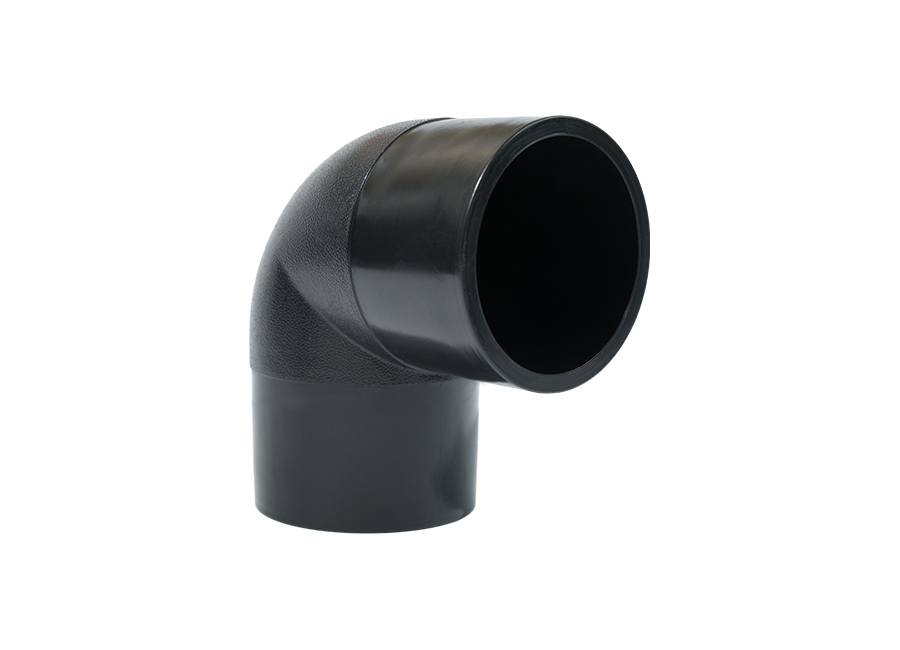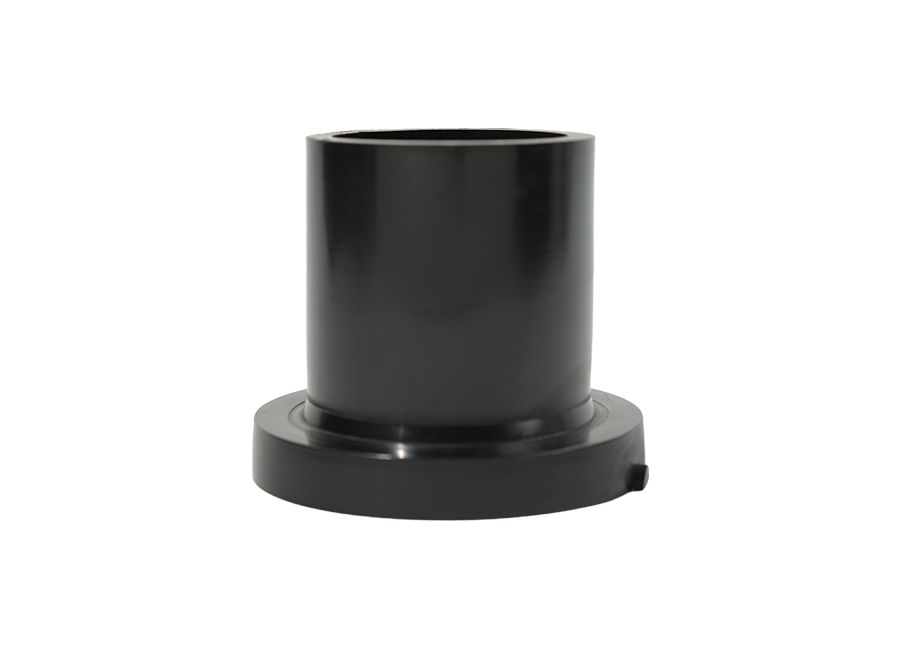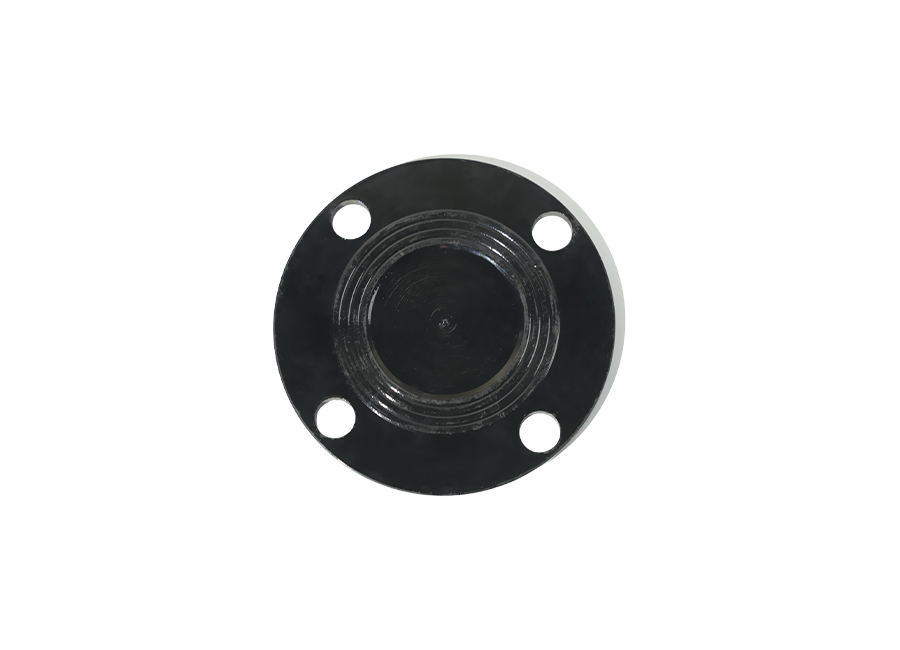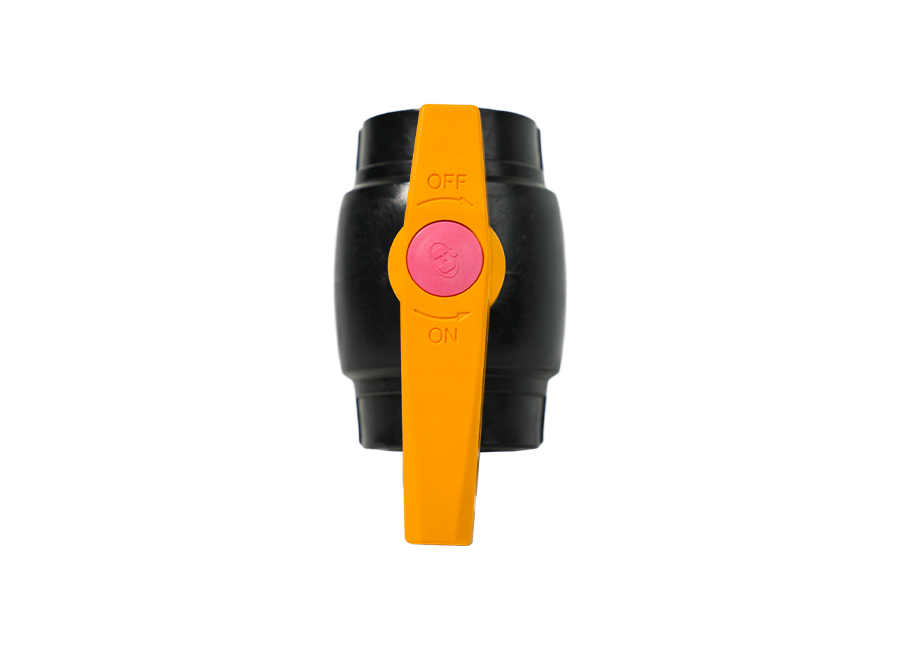1. Corrosion resistance
PE pipes are made of polyethylene materials and have strong corrosion resistance. They can resist the erosion of chemicals such as acids, alkalis, and salts. They are suitable for conveying corrosive media or buried environments. However, PVC pipes may release harmful substances (such as chlorine) under high temperature or specific conditions, and metal pipes (such as steel pipes and copper pipes) are susceptible to chloride ion corrosion, resulting in rust or blue-green water problems.
2. Good flexibility
The elongation at break of PE pipes exceeds 500%, and it remains tough at a low temperature of -40°C. It can adapt to foundation settlement or frozen soil environment and is not easy to break. It can be applied to special industrial environment scenarios, such as mountainous, frozen soil areas, and seismic area pipeline systems.
3. High safety
PE pipes are non-toxic and odorless, do not contain heavy metal additives, meet drinking water hygiene standards, and are not easy to breed bacteria after long-term use. Some pipes may contain plasticizers, copper pipes may precipitate verdigris, and the inner wall of metal pipes is prone to scaling and affects water quality. PE pipes can be used for drinking water systems, food industry pipelines, and medical water transportation.
4. Environmental protection and sustainability
PE pipes can be recycled and reused, and no toxic substances are released during the production process, which is in line with the concept of green development. In addition, PE pipes have a long service life and reduce costs.
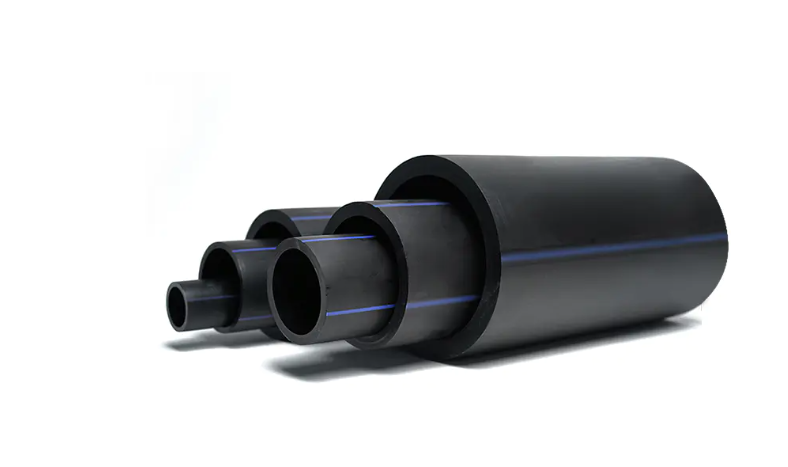

 English
English 中文简体
中文简体 русский
русский عربى
عربى


